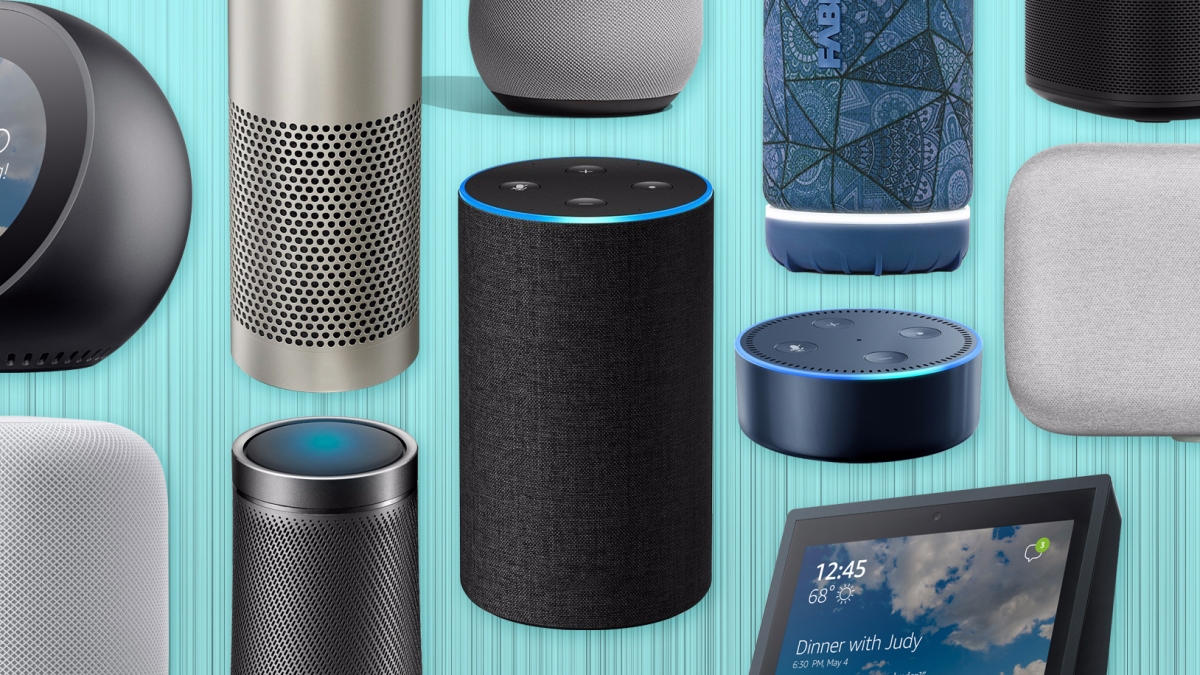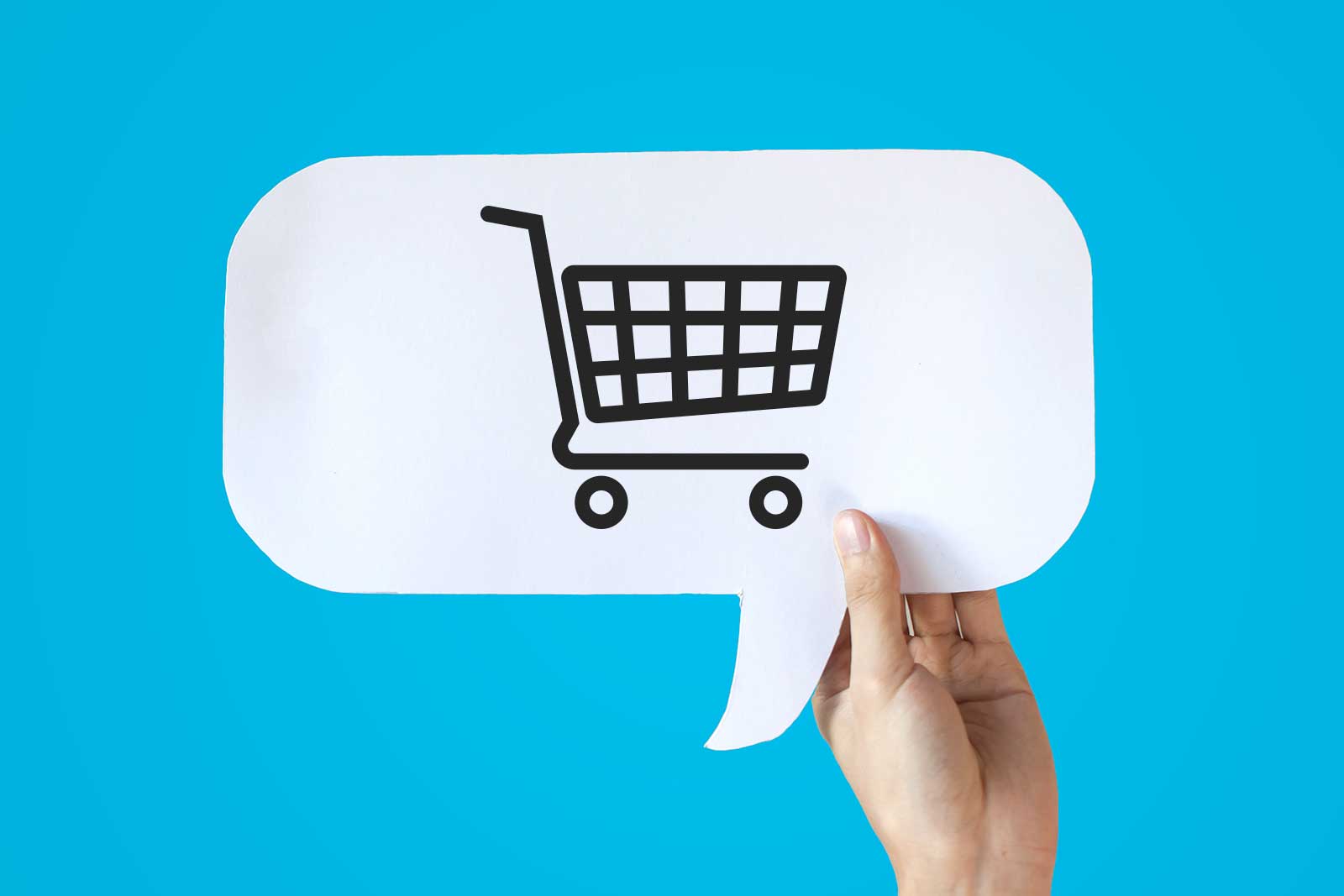Why it matters: Smart speakers aren't being fully utilized as companies like Amazon initially intended. Instead, they're repurposing online content and using convenience to sell the experience. It's not a bad way to sell hardware and grow the install base. A sharper focus on voice shopping can came later.

When Amazon introduced its first Echo smart speaker more than four years ago, I described the cylindrical gadget as a “peculiar” product that liberates virtual assistants from the smartphones and tablets they’d traditionally been trapped in.
You can use voice commands to pull off all sorts of tasks. In addition to music playback, Echo can get the news, answer general knowledge questions, create to-do lists, set timers, set alarms, tell jokes and more.
Indeed, as 2019 rapidly approaches, this is exactly how most people are using their smart speakers. Or as Recode accurately labels it, we’re just repurposing online content for our ears. These use cases have helped to sell a lot of smart speakers – according to one survey, nearly half of all US consumers may own a smart speaker by 2019 – but they’re not yet fulfilling the original vision that many had for them.
As I wrote in 2014:
A product like Echo seems to make better use of such technology although I suspect Amazon will ultimately end up pushing it as a voice assistant to help you order products from its site. You've heard of one-click ordering; well, Echo would enable no-click ordering. Just tell it what you want and it'll be on the way. But of course, let's not get too far ahead of ourselves.
Through early August, only around two percent of people with Alexa-powered devices have made purchases with their voice this year. According to a survey from Voicebot in May, less than one percent of Americans said they prefer to shop using a smart speaker.

As Micah Collins, director of product management and hardware at Google correctly points out, shopping is predominantly a visual and tactile experience.
Even though it’s still early days for voice shopping, don’t be fooled into thinking it has no future. The method could prove to be even more lucrative for brands than traditional shopping methods, especially considering that 85 percent of consumers who have made a voice-assisted purchase bought the first option presented.
https://www.techspot.com/news/77377-smart-speakers-havent-found-their-true-calling.html